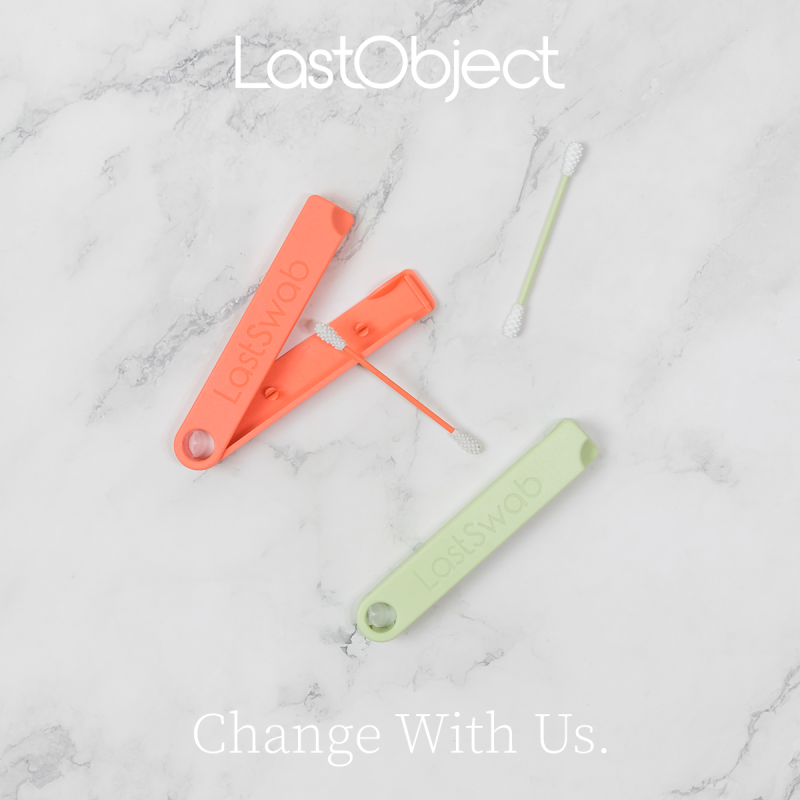NOTE: The Facebook boycott is still ongoing. Please share widely in your circles, and subscribe to newsletter updates on the website to stay up to date on what is happening at Menno Adventures! 🙂
There are more philanthropists than ever before. Each year they give tens of billions to charitable causes. So how come inequality keeps rising?
Guardian
A long read, but well worth it. Not saying that I absolutely agree with every detail (specifically around the role of the non-profit world), but the general idea that I want to pull out from here is this:
Regardless of whether the ultra-wealthy occassionally use their wealth for something that happens to benefit the rest of the world, that doesn’t justify the massive wealth imbalance that allows them to be so “generous.” If CEOs and others paid their fair share in taxes, if corporations truly paid the true cost of their operations (including cleaning up pollution), if companies capped CEOs salaries (including benefits) at something reasonable and paid all staff a living wage with good benefits, if we rethink the relationship between how public goods benefit private profit, the ultra-wealthy would have a lot less money to “donate.” Likewise, at that point, we would have a lot less concern that the interests of a handful of individuals are displacing the work of government and civil society.
Here’s a bit of context to help understand what we are up against…
To understand how rich billionaires really are, use this calculator. (Guardian) (See below)
How Long Does It Take Tech CEOs to Earn Your Salary? Here
As a quick sample, I entered in a mortgage of $200,000 and Mark Zukerberg’s Facebook salary. Here’s what the calculator found:
Mark Zuckergerg: Outstanding Mortgage Payment. It will take Mark Zuckerburg
0.03 Days, 0.80 Hours, or 48.24 Minutes to earn your mortgage
Mark Zuckerburg Earns:
$2,179,050,000.00 Per Year
$5,970,000.00 Per Day
$248,750.00 Per Hour
$4,145.83 Per Minute
Link here
Extreme wealth inequality has a variety of negative impacts, even when some of that wealth happens to be used for things that some people see value in, as the opposite is also true. Just as someone can buy a policy or change that someone might like, someone else can just as easily buy off a government to get a policy that people strongly oppose
Yet the priorities of plutocracy, rule by the rich, and democracy, rule by the people, often differ. The personal choices of the rich do not closely match the spending choices of democratically elected governments. A major research study from 2013 revealed that the richest 1% of Americans are considerably more rightwing than the public as a whole on issues of taxation, economic regulation and especially welfare programmes for the poor. Many of the richest 0.1% – individuals worth more than $40m – want to cut social security and healthcare. They are less supportive of a minimum wage than the rest of the population. They favour decreased government regulation of big corporations, pharmaceutical companies, Wall Street and the City of London. (Bold mine.)
Here
And also…
The common assumption that philanthropy automatically results in a redistribution of money is wrong. A lot of elite philanthropy is about elite causes. Rather than making the world a better place, it largely reinforces the world as it is. Philanthropy very often favours the rich – and no one holds philanthropists to account for it.
Here
And one more quote…
Philanthropy is always an expression of power. Giving often depends on the personal whims of super-rich individuals. Sometimes these coincide with the priorities of society, but at other times they contradict or undermine them. Increasingly, questions have begun to be raised about the impact these mega-donations are having upon the priorities of society.
There are a number of tensions inherent in the relationship between philanthropy and democracy. For all the huge benefits modern philanthropy can bring, the sheer scale of contemporary giving can skew spending in areas such as education and healthcare, to the extent that it can overwhelm the priorities of democratically elected governments and local authorities.
Here
To be clear, this is not, in any way, suggesting that non-profits, civil society or good governance are futile. Rather, it is the opposite – they are so critically important that they can not be risked to appease the personal whims of the ultra-wealthy. A better system is possible, if everyone truly pays their fair share. 🙂
Like this:
Like Loading...






